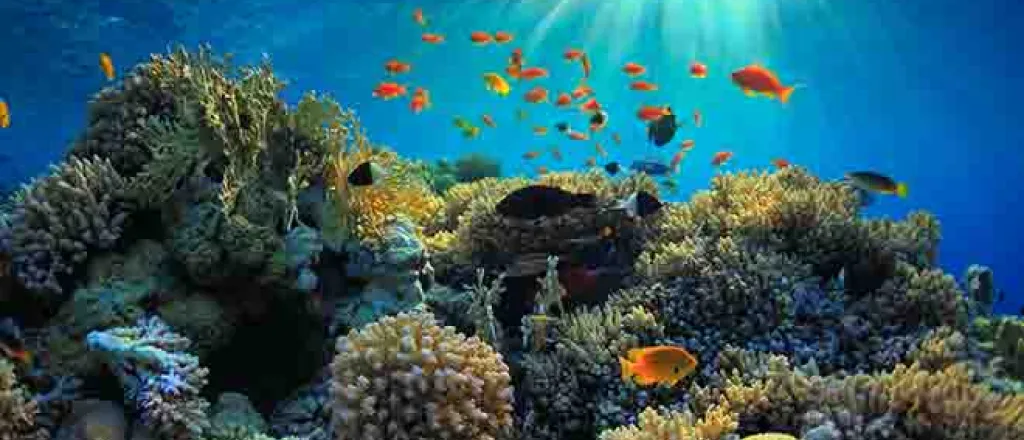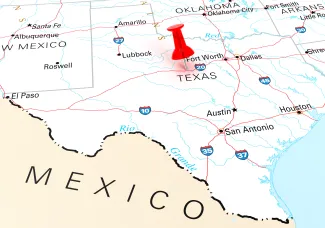
Researchers study fecal matter numbers on Texas beaches
Click play to listen to this article.
(Texas News Service) Researchers in the Meadows Center for Water and the Environment at Texas State University are studying ways to determine levels of fecal contamination on Texas beaches. Exposure to fecal matter can cause nausea, diarrhea, ear infections, and rashes. A 2022 study showed 55 beaches across the state were potentially unsafe for swimming on at least one testing day a year.
Luke Metzger, executive director with Environment Texas, said researchers will develop a pilot project that will monitor bacteria levels.

"Their grant is to help use Artificial Intelligence to create a early warning system to help the public know when the beach that they want to swim in, whether it's safe to do so or not," he said.
The Meadows Center received a $500,000 grant from the National Oceanic and Atmospheric Administration. The six-month pilot program will start September first, the study will take place on recreational beaches in Harris, Matagorda and Nueces counties.
During the summer, Texas beaches are tested weekly for fecal contamination. Signs are posted on the beach if bacteria are found. The information is also posted at Texasbeachwatch.com. There are several ways beaches become contaminated.
"Rainfall can also lead to sewage overflows where our sewers get overwhelmed by the flood waters and then poop will flow out of it into our waterways. Factory farms of big feed lots of cattle can generate a huge amount of manure which in turn can get into our waterways," Metzger explained.
Houston and Corpus Christi are under federal consent decrees for having too many sewage overflows. Tyler, Houston and Corpus Christi have been ordered by the federal government to upgrade their wastewater infrastructure system.















